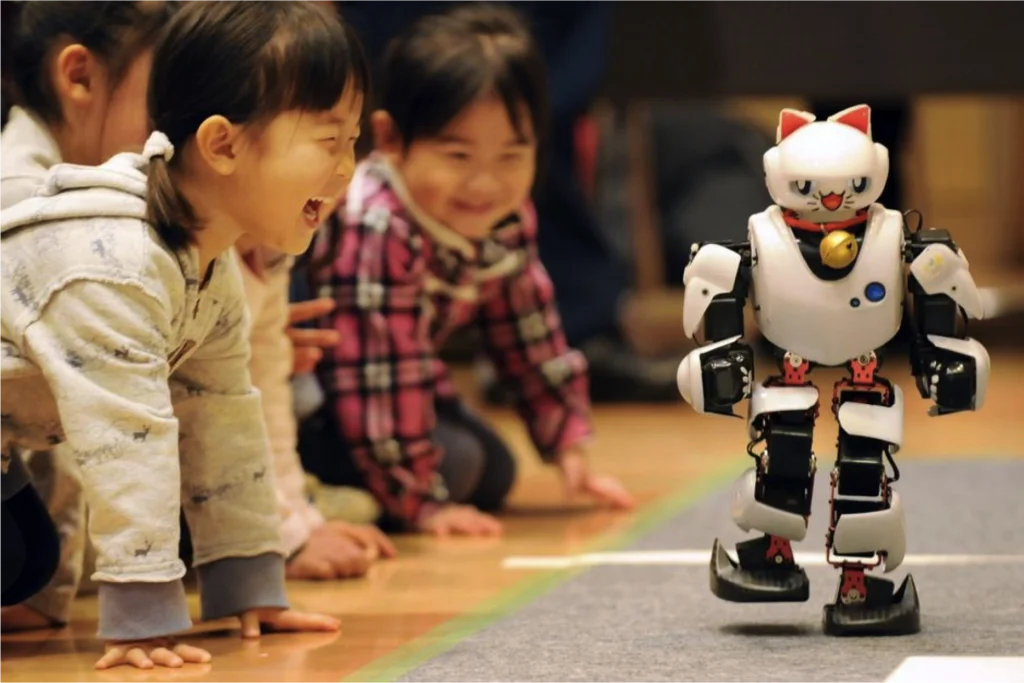Singaporean researchers conducted an experiment with groups of children of different ages and found that trust in a machine or a person depends on how old the child is and how reliable the information from both seems to him.
Today’s children are exposed to digital technologies and artificial intelligence every day. To distract even a one-year-old child in the car, they give him a tablet with cartoons. Therefore, studies on who children trust more (a car or a person) are becoming more relevant every year.
It is also important to understand to what extent these children will trust fake information, some of which is generated by artificial intelligence, in the future. As we get older, the ability to evaluate the reliability of a source of information becomes an important skill for developing critical thinking.
Scientists from the Singapore University of Technology and Design decided to learn more about who children trust more (people or machines) and conducted an experiment. Their findings are presented in the journal Child Development.
The study involved 120 children aged 3 to 5 from kindergartens in Singapore (57 of whom were girls, mostly of Asian descent). They were divided into two groups: in the first there were (small) children up to 4.5 years old, in the second there were others. Each of the children was then spoken to by an informant: either SoftBank Robotics’ NAO android robot, which has a human-like but robotic voice, or a human.
To make the experimental conditions comparable, the people communicating with the children coordinated their actions with the actions of the robot. To ensure that the child did not feel under pressure and did not want to agree with the informant if he did not want to, the experimenter sat next to each participant and asked the necessary questions.
Scientists have found that all children are ready to trust information from both robots and humans. But this happened only if both of them had previously given them accurate data about this or that object (conditionally: they called the ball a ball, not a pyramid). If both they and the other informants were unreliable (had previously been confused about their data), then children in the younger group trusted the person more than the job, despite the mistakes of both. Older children did not believe either: no matter who was in front of them – a machine or a person – they did not look at this criterion, but at how reliable the information provided by the interlocutor was in their opinion.
“When creating robots and other models based on artificial intelligence for educational purposes, developers need to take into account the perception characteristics of young children. Professor Quin Yow (W. Quin), co-author of the study, said: “Understanding how their trust in people and machines changes as they get older will help create more effective learning environments “and can ensure that technology use meets the child’s developing cognitive and social needs,” Yow said.













